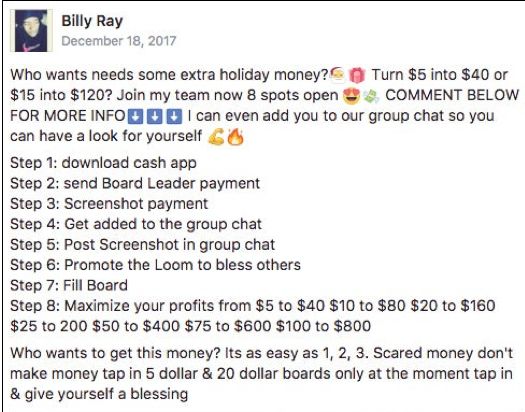Dive into the unpredictable world of modern romance, where the once alluring dating pool has morphed into a chaotic dance of disappointment. Pose the question to any of your single friends about their dating escapades, and you’ll likely be greeted with a disheartening grunt or a groan that echoes the struggles of love in today’s world.
Picture this battlefield called love, where tales unfold like a riveting saga interwoven with the pitfalls of dating apps, cringe-worthy matches, and the spine-tingling phenomenon of ghosting. It’s not just a casual dip into the dating scene; it’s a full-blown immersion into a realm where emotions run wild, and the pursuit of genuine connection feels like an epic quest.
To make matters worse, dating apps are a breeding ground for cheaters. Not only do you as a single individual have to navigate through finding a potential love connection, you have to be safe in doing so. There is always the potential that someone is impersonating who they say they are.
Once a Cheater…
Jana Hocking, a columnist for the NY post and other publications, shared her experience in a recent NY Post article. As many do through dating applications, Hocking matched with a man who stated he was from the UK. His name was Sebastian, “Seabass” for short. One thing led to another and Sebastian added her to his Whatsapp account. Quickly Hocking noticed he placed a privacy setting on their chat, erasing all messages between them. “Why would he need his messages to be wiped? Hocking thought, “My spidey senses began to alert me that something wasn’t quite right.” From there, Hocking went onto a Facebook Group she is apart of called “Sis, is this your Man?”, looking for any clues on the man she matched with. Upon further digging she discovered the site FaceCheckID, and decided to place the dates photograph into the site. To her dismay, Sebastian really wasn’t who he said he was, in fact, his name was entirely different. An Instagram pulled up on the subject, called Robert, with a lovely photo of his wife and children.
Online Research Tips
Identifying a cheater can feel like an impossible task. Especially when dating apps themselves feel like the wild west. When someone wants to remain completely hidden, more than likely they will, but there is always, always that chance they mess up or are noticeable. Here are a few helpful tips from our expert analysts when conducting your own personal search on a cheater.
- Facebook Groups- There are countless Facebook Groups nationwide and within your area, that have been created for the sole purpose of exposing cheaters. Hop onto your Facebook page, and start to search for groups that are local to you or even those in different states, depending on the circumstances of your case.
Some common Facebook Group Titles are:
“Do We Have the Same Boyfriend?”
“Does Anyone Know Who This Is”
“Sis, Is This your Man?”
“Cheaters Group”
“Are We Dating the Same Person?”
- Social Media Deep Dive- You never know what is truly out there on an individual until you take the time to really search it out. We always recommend taking time to identify an individuals social media and online presence. It takes but one tiny detail identified to elevate your findings and case.
- Conversation Apps-WhatsApp is a fantastic application to identify related to your subject. Depending on a person of interests app settings, sometimes other apps they are connected to can be shown through their profile. We have seen a few times where a Tinder or Bumble account is pulled up on an individual, simply by checking if they has a WhatsApp account.
- Cash Apps- Depending on the privacy settings an individual has set through certain Cash applications, this can be another way to identify who your person of interest may be hanging around or with.
- Dating Apps- Dive into the dating applications that are out there. Here are a few apps cheaters could easily sign up for and choose: Badoo, Tinder, Ashley Maddison, Bumble, Lovoo.
- Secret Mesaging Apps- Does your client have access to the said cheaters phone? There are several secret messaging apps that they could identify such as Calculator Pro+, Hide My Text, Hago, Plato, Yubo, AmongChat.
We have countless requests from Private Investigators and Attorneys, from their clients, requesting information on if their partner or spouse is cheating. At E-Chatter our robust software, OSINT skills, and knowledgeable analysts all work together to identify cheaters.







